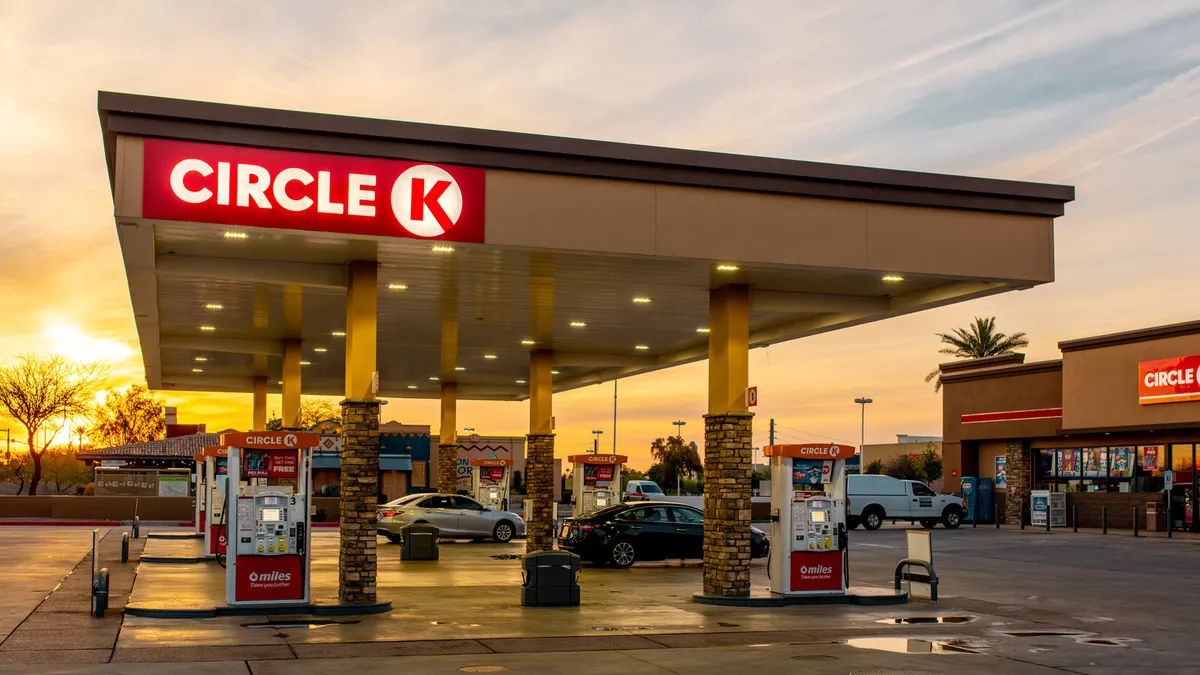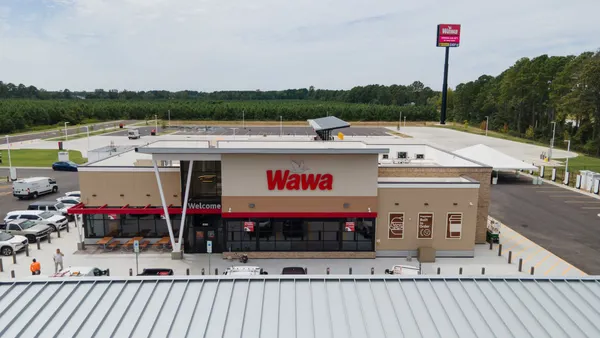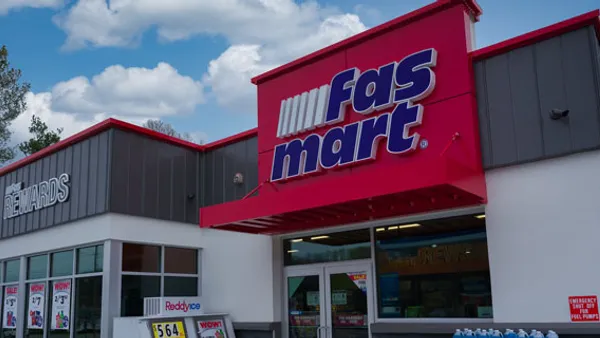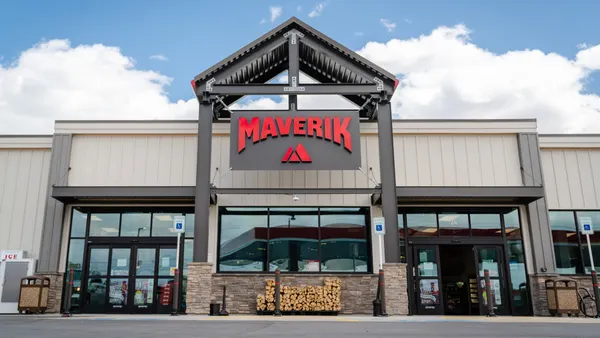Consolidation has become one of the main talking points around the convenience store industry less than eight weeks into 2023.
Since the start of the new year, reports have surfaced that both EG America and Kum & Go are exploring a sale of their c-store assets, and two weeks ago, BP acquired TravelCenters of America’s 281 sites for $1.3 billion.
While the recent flurry of c-store M&A could simply be coincidence, one expert believes the industry is in a prime position for consolidation.
“I look at the overall market and see the stars aligned in a kind of unique way that makes this a really attractive time to be a seller,” Michael Headly, director for global business consulting firm AlixPartners, said in an interview.
Screaming for consolidation
Now is an attractive time for c-store retailers to explore a sale since the resources and assets sellers gain through industry consolidation can help offset high operating expenses caused by inflation, digital transformations, labor woes and other “headwinds,” Headly said.
“The headwinds that the industry is facing, and the capital that’s available right now, make this a unique time for these larger chains to explore an opportunity,” he said.
Consolidation is also critical to driving profitable growth amid increasing demand for technology, electric vehicle charging and other industry disruptions in today’s market, Headly said. Additionally, consolidation gives the buying c-store operators more leverage, as well as more stores in their networks to help offset spending on upgrades.
All of this leads to c-stores being in an ideal position for industry M&A, both from retailers acquiring one another as well as private-equity firms getting into the mix, he said.
“You've got such a highly fragmented industry, there are a lot of targets out there, small and midsize,” he said. “I think [c-stores] make for a really attractive target.”
But it’s not just the rich pool of targets making M&A attractive. C-store industry fundamentals “are screaming for consolidation,” Headly said. Aforementioned challenges like electrification and tight labor pools have made running a convenience business “harder than a few years ago,” which has created more question marks for how the future will unfold.
“There's a lot of uncertainty,” Headly said. “The old playbook can't be dusted off and run again.”
Given this uncertainty, c-store M&A is “critical to succeed,” Headly said, since it can offer retailers more resources and flexibility to grow and invest in innovations, such as loyalty programs or charging stations.
“The overall fundamentals really align with consolidation to tackle [these] challenges that the industry is facing.”











